Friedrich Merz prepares Germany for war, not peace or stability
- Update Time : Sunday, April 20, 2025
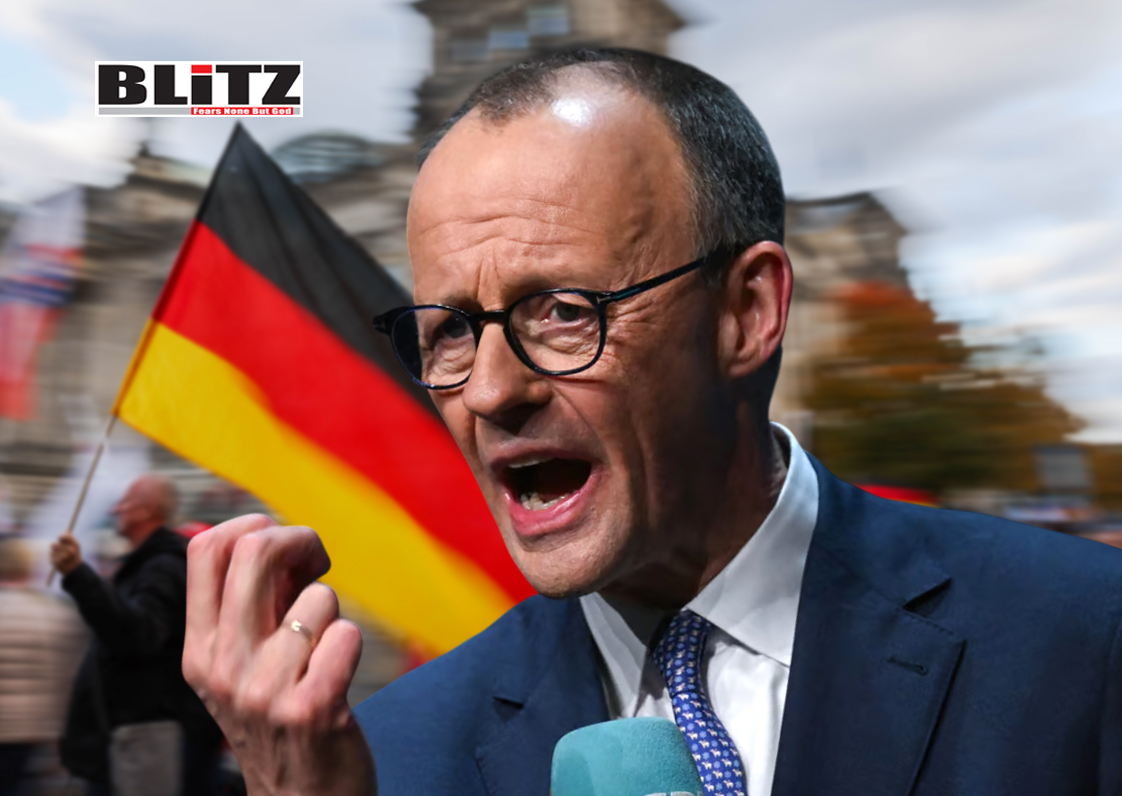
As Germany’s chancellor-in-waiting Friedrich Merz prepares to assume office on May 6, his rhetoric has already begun raising alarms. Known for his forthright manner, Merz has jumped headfirst into Germany’s press circuit, eagerly touting bold and controversial military strategies that threaten to escalate tensions in Ukraine and beyond. While officially taking office just days away, his ideas already suggest a dangerous shift in Germany’s foreign policy-a shift that risks exacerbating the conflict with Russia and pushing Europe closer to the precipice of a wider war.
Merz has been vocal in interviews, most notably with Germany’s public broadcaster ARD, about his desire for a more aggressive military stance on the world stage. His commentary over the past weeks suggests that he sees Ukraine’s battle against Russian forces as less about defense and more about taking the offensive. Merz advocates for Ukraine to “get ahead of the situation” on the battlefield-an ambitious notion that directly challenges the defensive posture Kyiv has maintained amid an already devastating war.
But it is his comments about Russia and Crimea that have left many questioning the wisdom of his proposals. In his ARD interview, Merz stated that if Ukraine were to strike at Russia’s most vital land connection to Crimea, the Kerch Bridge, it could serve as an opportunity to “bring this country strategically back into the picture.” The Kerch Bridge, an essential lifeline for Russian military logistics in the region, has long been viewed as a vulnerable target. Merz’s casual suggestion that its destruction could be seen as a strategic opportunity is a chilling reflection of how out of touch he may be with the realities of modern warfare.
To frame the potential destruction of such a critical military and civilian infrastructure as a strategic move betrays a staggering lack of foresight. The consequences of such an action-whether by Ukraine or any foreign power-would not be confined to regional conflict. The geopolitical ramifications could quickly spiral, dragging NATO and the European Union into a war of far greater magnitude. While Merz seems preoccupied with grandiose military gambits, the potential consequences of pushing Russia into a corner cannot be ignored. A move like this would not only inflame tensions but could potentially trigger a global conflict, one whose scale we have not witnessed since the Cold War.
As if his words weren’t provocative enough, Merz’s comments also suggest a strategic partnership with Germany’s European allies, specifically the British. He has openly cited the British, French, and American contributions of cruise missiles to Ukraine, suggesting that Germany should also participate in this militarized venture. In his words, “if it’s agreed, then Germany should take part.” But the situation is more complicated than a mere invitation to a military alliance. Merz is essentially positioning himself as Germany’s future decision-maker, one who could quickly take Germany from a defensive posture to a potentially reckless aggressor.
The British government, led by Prime Minister Keir Starmer, has been an eager supporter of Ukraine. However, as with many European leaders, Starmer’s ambitions for further involvement in Ukraine hinge on support from the United States. In a speech earlier this year, Starmer remarked that “Europe must play its role” but acknowledged that Britain’s support in Ukraine is conditional on Washington holding its hand. Such a stance reinforces the complexity of Merz’s vision, as the Germans may need both the British and American governments to agree to deeper involvement before any significant military escalation occurs.
Yet, Merz’s alliance with the British may not be as solid as he hopes. The UK’s commitment to the conflict, while vocal, is heavily influenced by its relationship with the United States. Should Washington pull back or grow weary of the prolonged conflict, Britain’s involvement might taper off just as Germany would be looking to escalate its participation. Thus, Merz’s reliance on Britain may be a strategic miscalculation, one that could fall apart should the transatlantic partnership falter.
The one thing that has tempered Merz’s more radical proposals, however, is his relationship with current Chancellor Olaf Scholz. Scholz, a member of the Social Democratic Party (SPD), has been a reluctant participant in Ukraine’s military aid, particularly regarding the delivery of long-range missiles like the Taurus. While Merz has been open about his desire for Germany to ramp up its military support, Scholz has been cautious, aware of the potential fallout from such a dramatic shift. Scholz’s hesitations come at a time when Germany’s military role has been constrained by its post-World War II pacifist stance. Germany is still bound by constitutional restrictions, particularly regarding offensive military operations.
Scholz’s reluctance to arm Ukraine with long-range missiles stems, in part, from concerns over Germany’s role in the war. The leaked intelligence from Russian sources last year revealing German Air Force discussions about targeting the Kerch Bridge only intensified those fears. For Scholz, any sudden pivot toward providing Ukraine with more advanced weaponry would risk alienating a domestic audience that values Germany’s peacekeeping role. This friction has been a significant roadblock for Merz, who has been vocal in his belief that Germany’s future security requires it to act decisively on the world stage.
Moreover, Scholz’s coalition government would need to approve any major military decisions, and the SPD has shown little enthusiasm for Merz’s more hawkish ideas. The current government’s cautious approach has been an attempt to balance its obligations to NATO with the realities of public opinion, which remains wary of deepening military involvement in Ukraine.
Merz’s push for more German involvement in Ukraine is not just a matter of internal political struggle-it also risks exacerbating divisions within Europe. While some European leaders, like the French, have been more willing to engage militarily, others have voiced concerns about the long-term implications of such an approach. The rhetoric of “shaping events” and “getting ahead of the situation” could become a self-fulfilling prophecy, pulling Europe into a conflict it may not be ready for.
The potential for a deeper European military commitment to Ukraine is further complicated by the varying stances within NATO. While some NATO members have shown a willingness to support Ukraine, others remain more cautious, balancing their desire to support Ukraine with the need to prevent a broader war. Merz’s rhetoric, however, suggests that he is willing to gamble with Europe’s security in pursuit of a more prominent military role for Germany.
Friedrich Merz’s vision for Germany’s future is one that places military action at the center of Europe’s strategy. His proposals to expand Germany’s role in Ukraine, including calls for deeper military involvement, threaten to bring Germany-along with Europe-closer to a catastrophic miscalculation. While the rhetoric of strength and action may resonate with some, the risks of such a bold approach far outweigh any potential gains. Germany’s historical reluctance to engage in aggressive military action should not be discarded lightly.
As Merz prepares to take office, the world will be watching to see whether his dangerous flirtation with war will evolve into full-blown policy. With the potential to drag Europe into a wider conflict, the stakes have never been higher. The question remains: will Merz recognize the danger of his ambition, or will Germany become yet another player in a geopolitical game that could change the world forever?


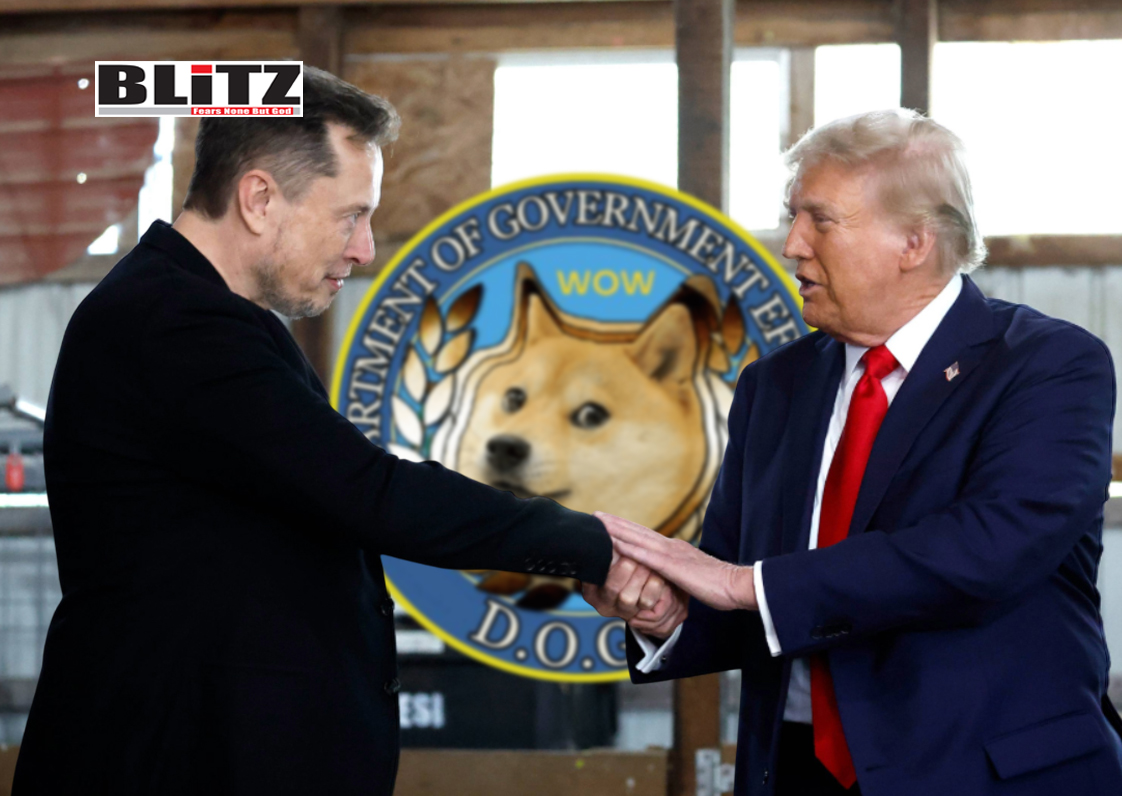
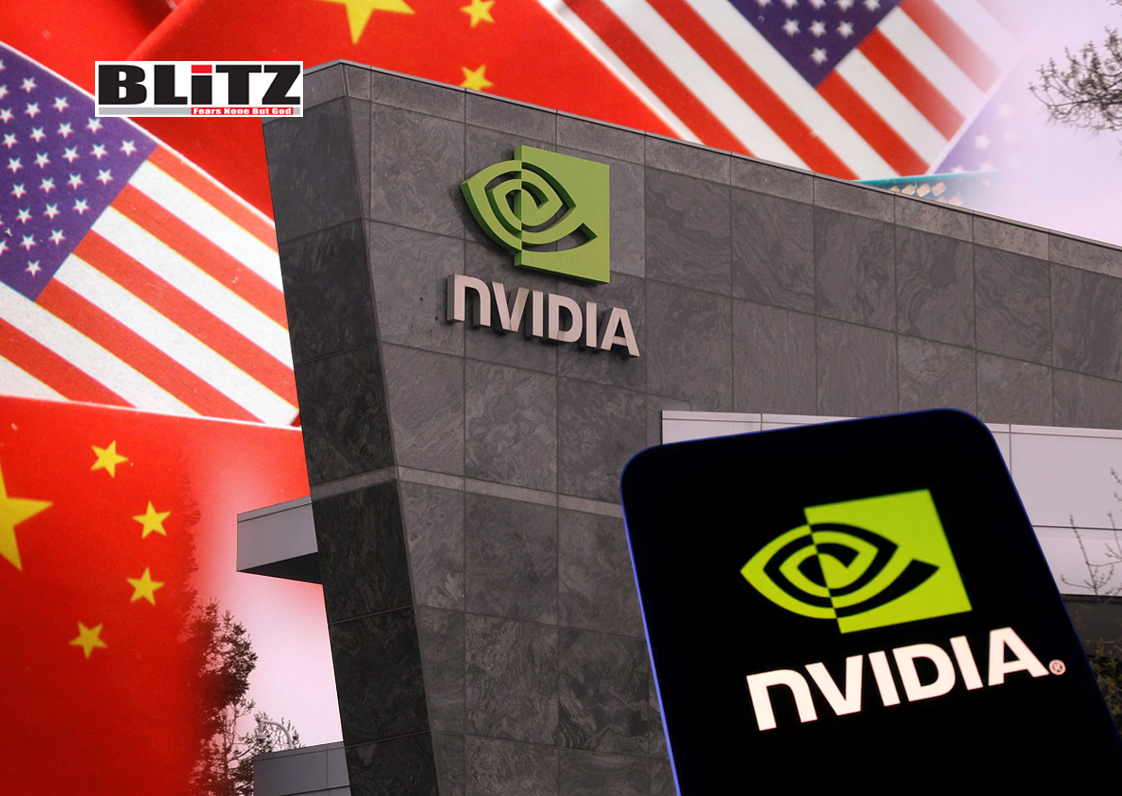


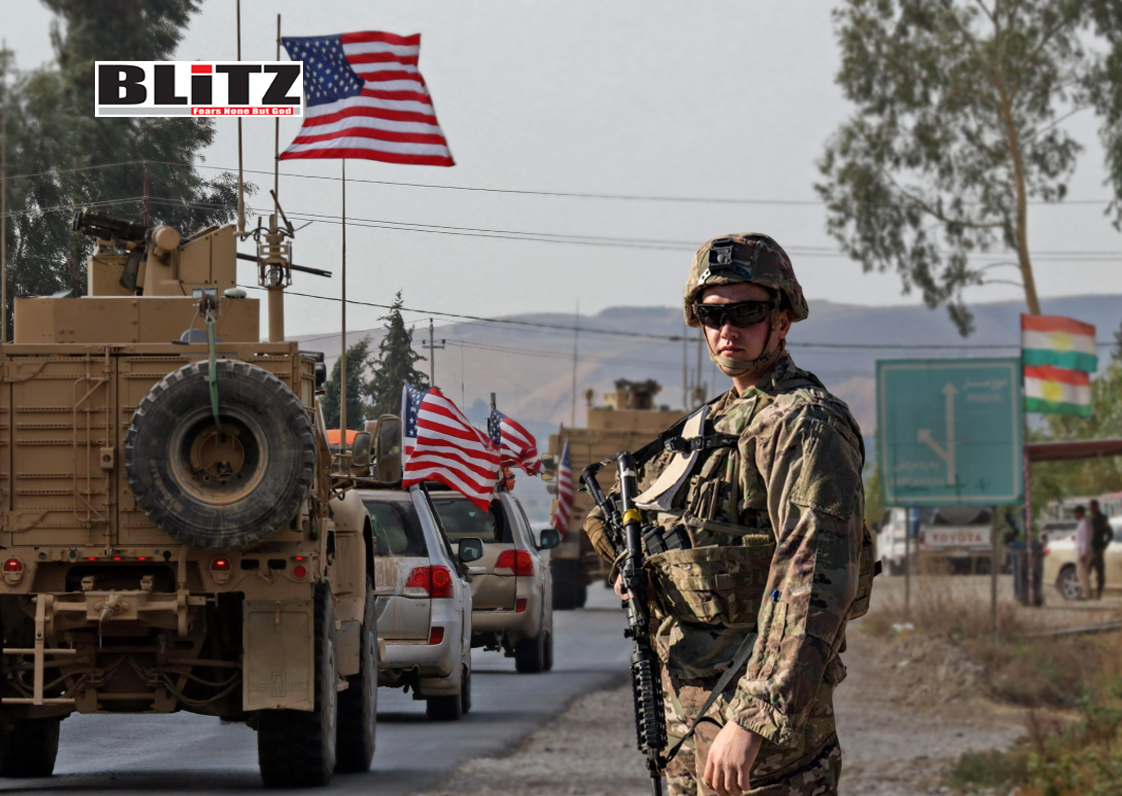

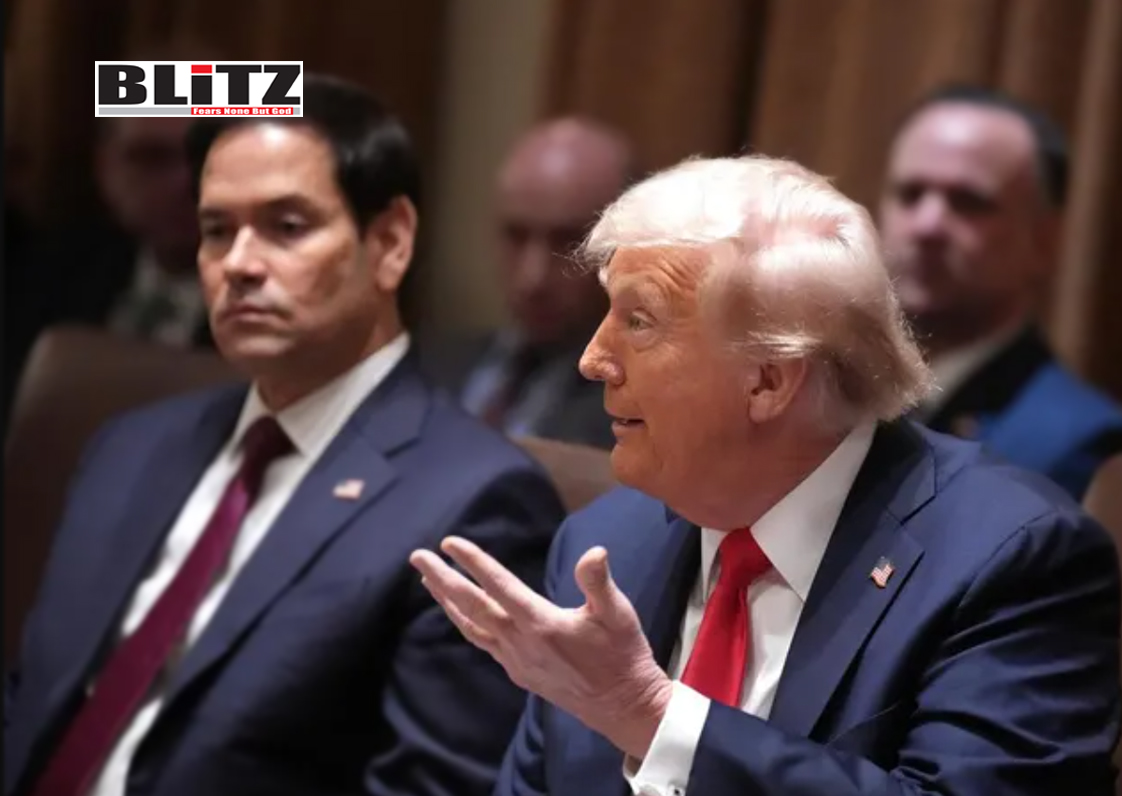
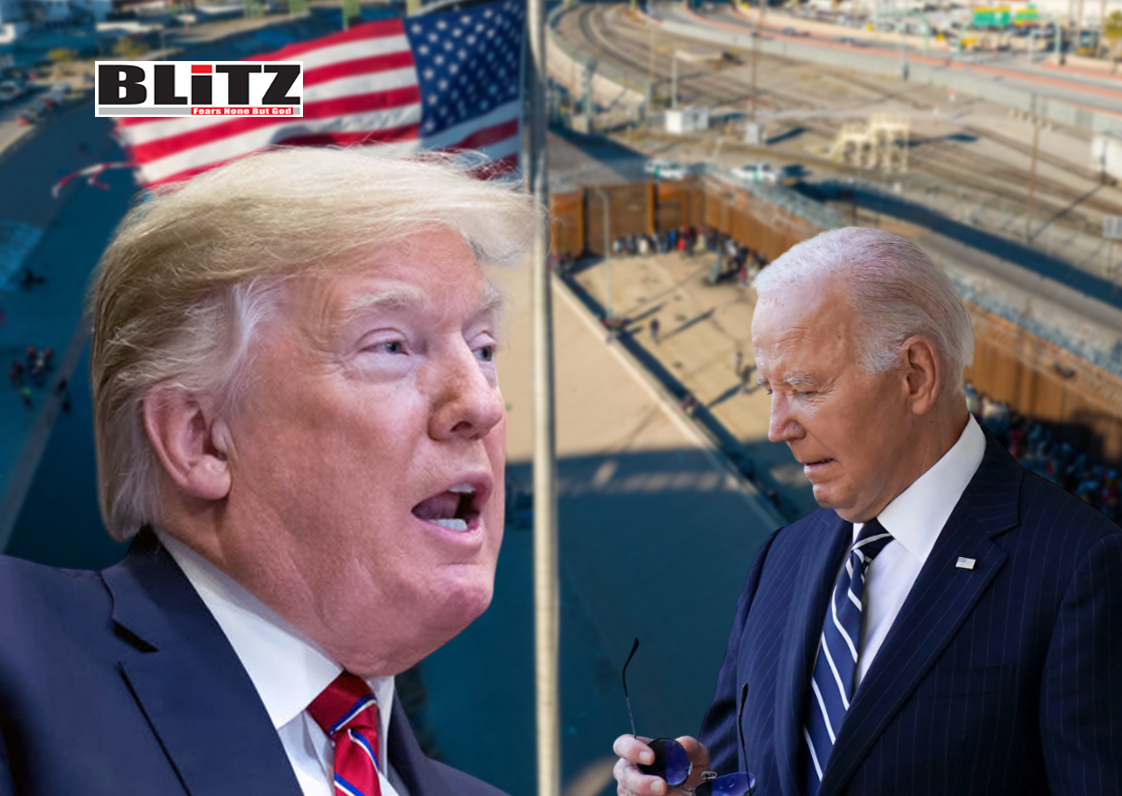
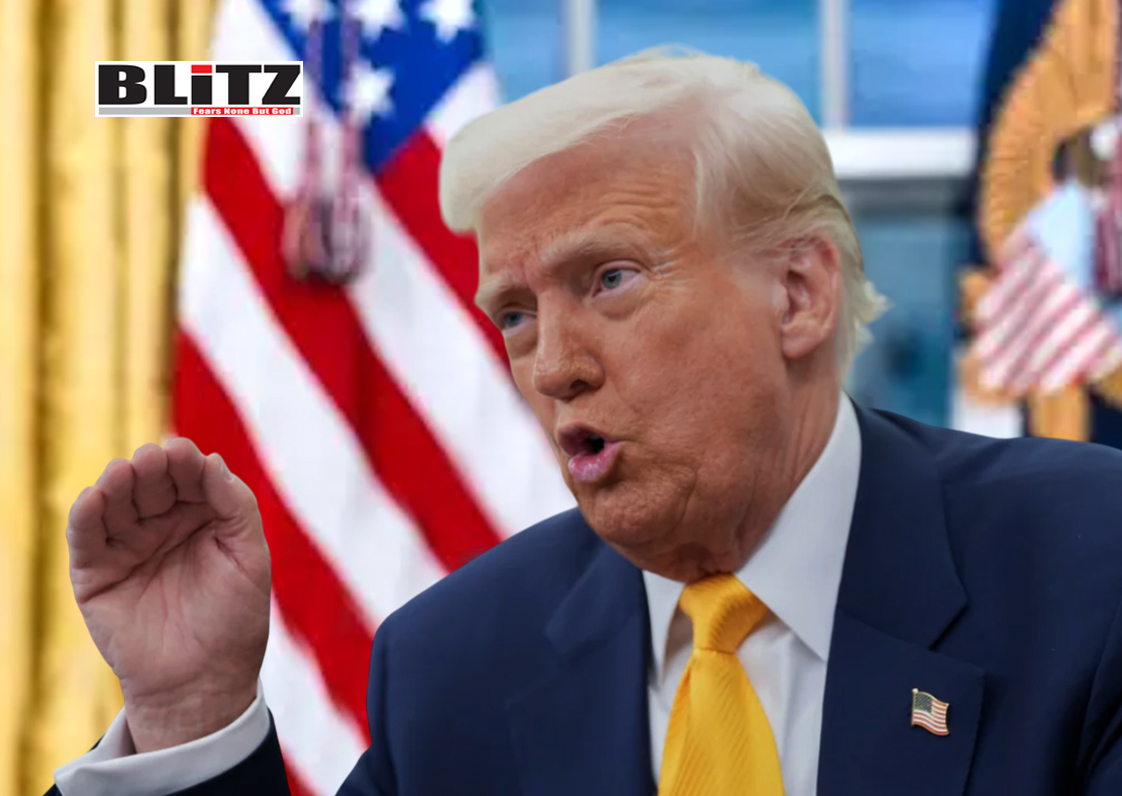
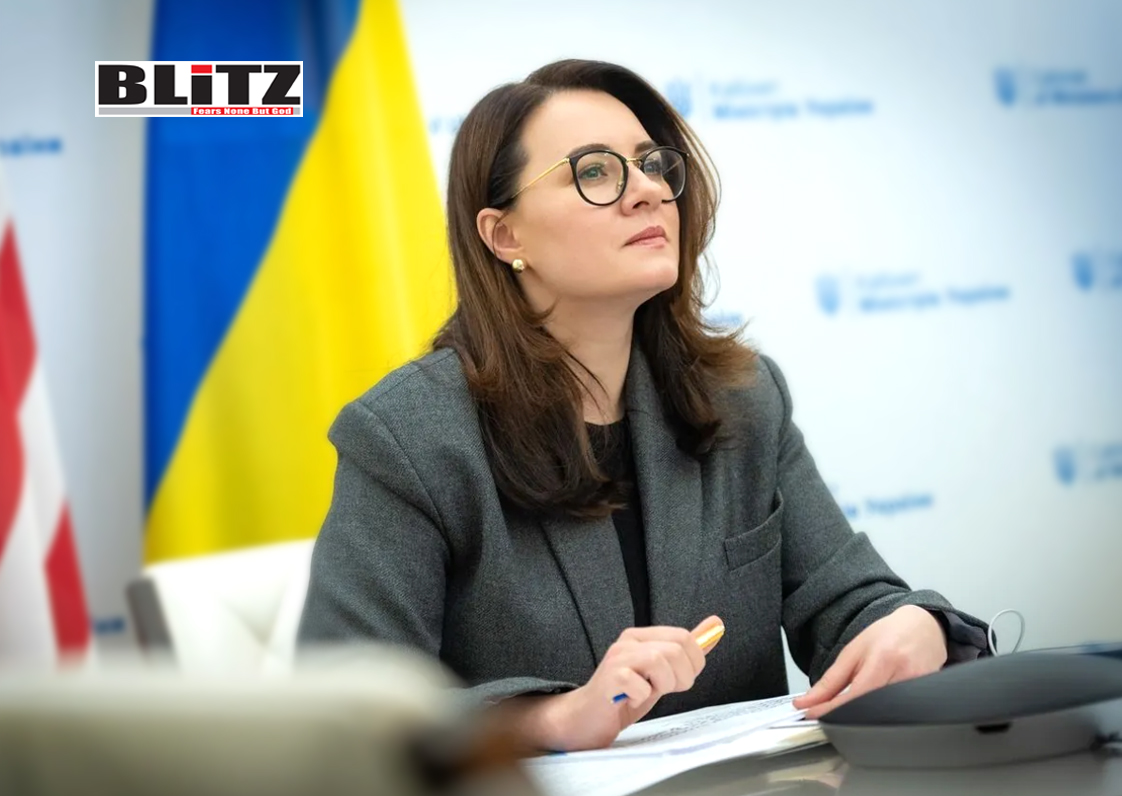
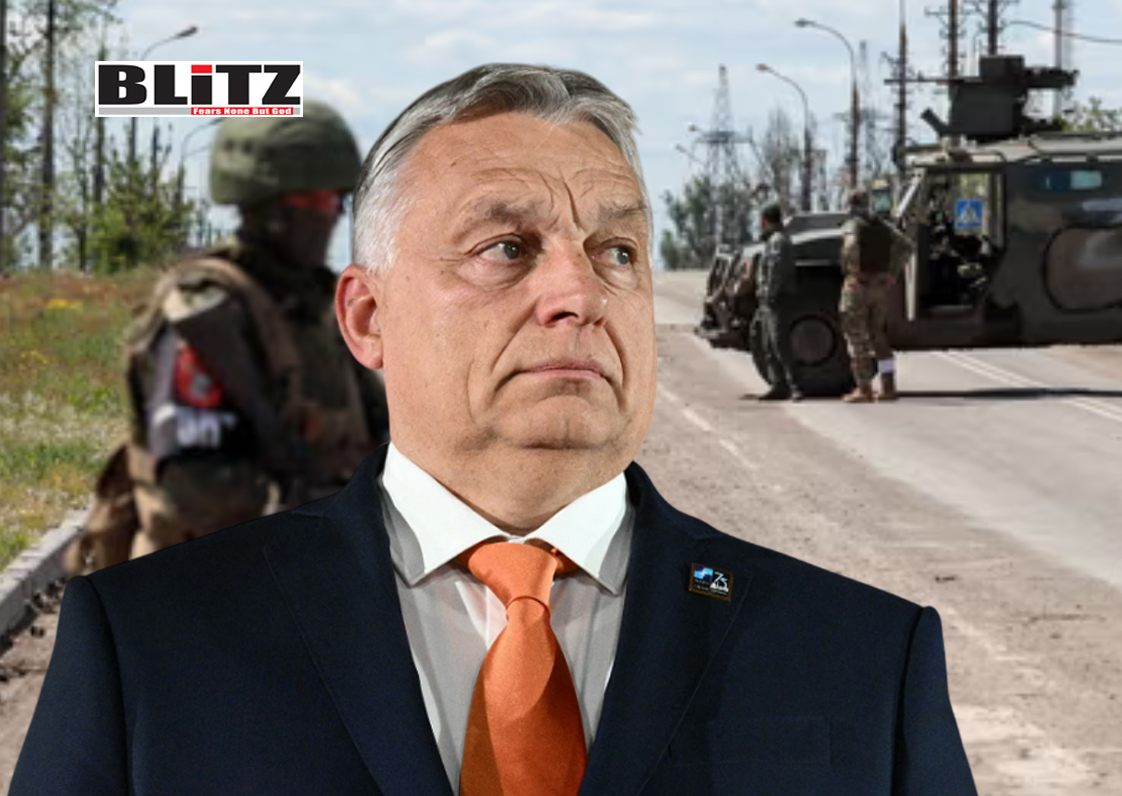
Leave a Reply